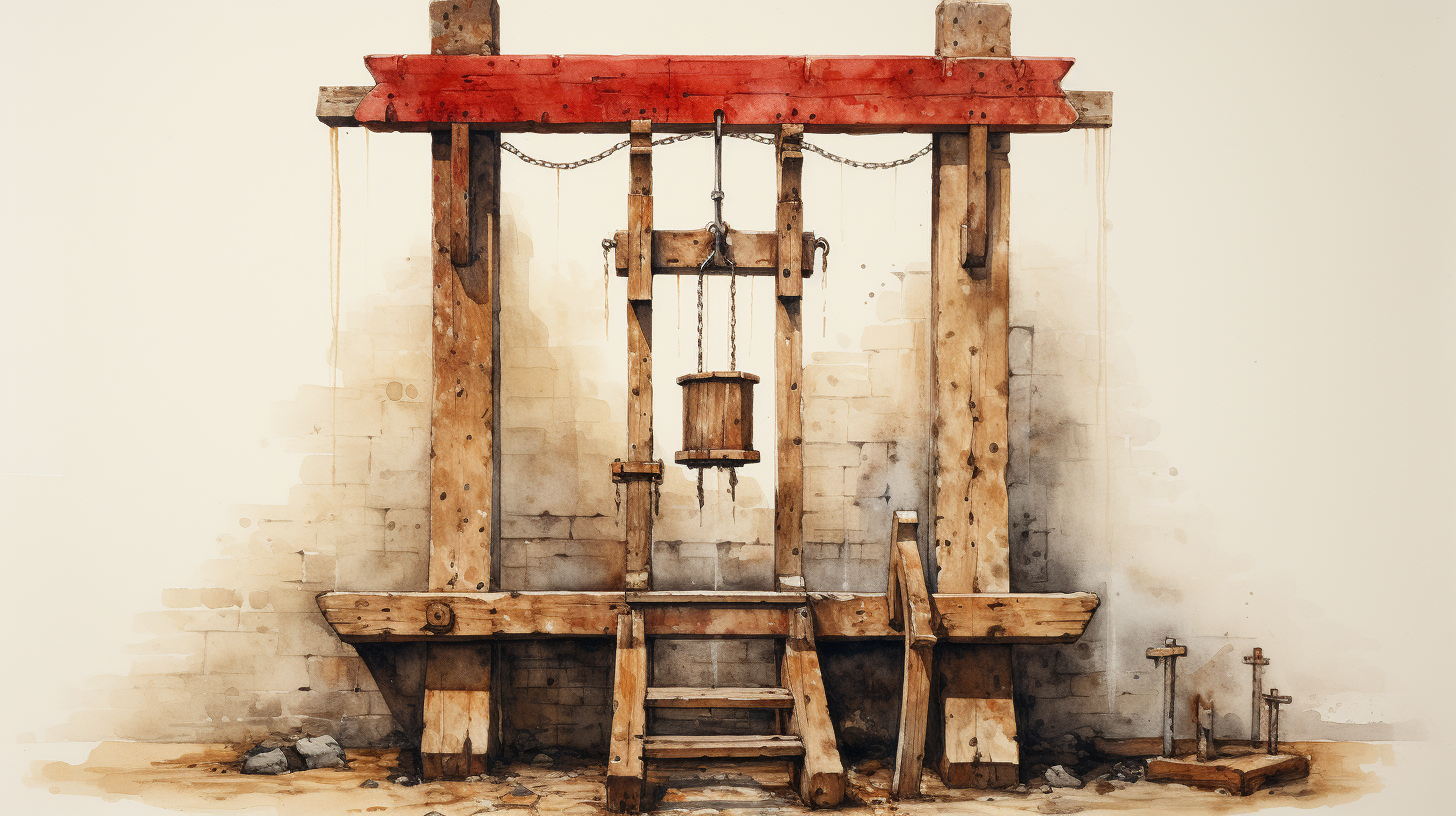Dream About Decapitation Meaning: What It Could Symbolise
Dreams can be vivid, disturbing, and often confusing—especially when they involve violence or unsettling imagery. One of the most jarring types of dreams is a dream about decapitation. Whether you witnessed someone being beheaded, experienced it yourself in the dream, or saw a headless figure, this type of imagery can be deeply unsettling. But what does a dream about decapitation actually mean?
This article explores the possible interpretations behind dreams of decapitation, the emotional and psychological meanings they may carry, and how to understand them in the context of your waking life.
What Does It Mean to Dream About Decapitation?
A dream about decapitation typically symbolises loss, disconnection, or a dramatic shift in perspective. It’s rarely literal, but rather a metaphor for something that may be happening emotionally or mentally. This kind of dream often suggests that you’re feeling “cut off”—from your thoughts, your emotions, a situation, or even a relationship.
In psychological terms, the head represents reason, intellect, decision-making, and identity. Being decapitated or seeing a decapitated figure in a dream may point to a sense of losing control or being separated from clarity.
Common Themes in Decapitation Dreams
1. Being Decapitated in a Dream
If you dream of yourself being decapitated, it may suggest feelings of losing your identity or power. This could relate to a recent life change, such as a job loss, a breakup, or a personal failure, where you feel disconnected from who you were before.
It can also reflect a fear of punishment or the idea that you are being judged harshly—either by others or by your own inner critic.
2. Seeing Someone Else Decapitated
Witnessing someone else being beheaded in a dream can symbolise a breakdown in communication with that person or represent feelings of anger, betrayal, or rejection. Alternatively, the person might symbolise a part of yourself that you’re suppressing or trying to remove—such as guilt, shame, or indecision.
3. Headless Figures or Talking Heads
Dreaming of a body without a head might represent disconnection between your heart and your mind, or a situation where you feel emotionally ungrounded. A talking head, on the other hand, could symbolise a voice of reason or even unwanted thoughts that keep resurfacing.
Emotional Symbolism Behind Dreams of Beheading
Dreams about decapitation are often triggered during times of emotional upheaval or personal transformation. These dreams may reflect:
- Loss of control: Feeling powerless in a situation.
- Separation or conflict: A desire to sever ties or escape a challenging relationship.
- Mental exhaustion: A state of burnout or decision fatigue.
- A cry for change: Wanting to break free from old ways of thinking or behaving.
While the image may be violent or gory, it’s important to look beyond the literal and focus on what emotional story the dream might be telling.
Cultural and Spiritual Interpretations
Across history and mythology, decapitation often symbolises ultimate punishment, martyrdom, or transformation. In some spiritual beliefs, dreams of beheading could signal an intense inner conflict between the ego and the higher self.
- In Eastern philosophies, such dreams might be interpreted as a need to let go of attachments or overthinking.
- In Western dream psychology, such as the work of Carl Jung, decapitation could represent a battle between instinct and intellect or a symbolic “death” that precedes personal rebirth.
Questions to Ask Yourself After a Dream About Decapitation
To better understand what your dream might mean, consider reflecting on the following:
- Was the decapitation violent or symbolic?
- Who was involved—yourself, someone you know, or a stranger?
- How did you feel during and after the dream—fearful, calm, detached?
- Are you facing any major life changes or decisions?
These questions can help you pinpoint what area of your life may feel “severed” or out of balance.
When Should You Pay Attention to These Dreams?
Most dreams about decapitation don’t predict anything literal. However, they may become more relevant when:
- You are undergoing major transitions in career, identity, or relationships.
- You feel mentally or emotionally disconnected.
- You are repressing emotions or avoiding key decisions.
- You have recurring dreams with similar imagery, pointing to unresolved issues.
By treating the dream as a message rather than a warning, you may uncover insights that help guide your waking life.
How to Respond to a Dream About Decapitation
- Acknowledge Your Emotions: Accept the discomfort. Disturbing dreams often come with important messages.
- Explore the Symbolism: Try to see the dream as a metaphor. What or who are you being “cut off” from?
- Reflect, Don’t React: Keep a dream journal. Noting when and how these dreams occur can help you spot emotional patterns.
- Seek Clarity in Waking Life: If the dream points to real-life stress or relationship issues, consider taking small steps to address them.
Final Thoughts
Dreaming about decapitation is undeniably intense, but it rarely signals something sinister. Instead, it often acts as a bold symbol of emotional, psychological, or spiritual separation—a wake-up call to examine what may be off balance in your life.
Rather than fear these dreams, try to understand them. They may be urging you to think differently, reconnect with your sense of self, or make a decisive change that’s long overdue.
Let your dream guide you, not frighten you—and use it as an opportunity to reflect on what you truly need to feel whole and in control again.



